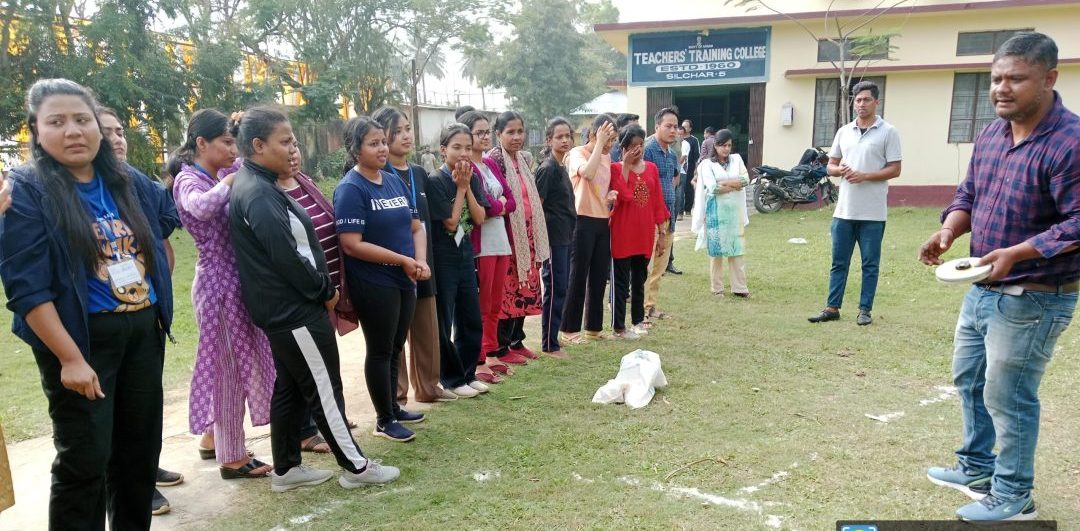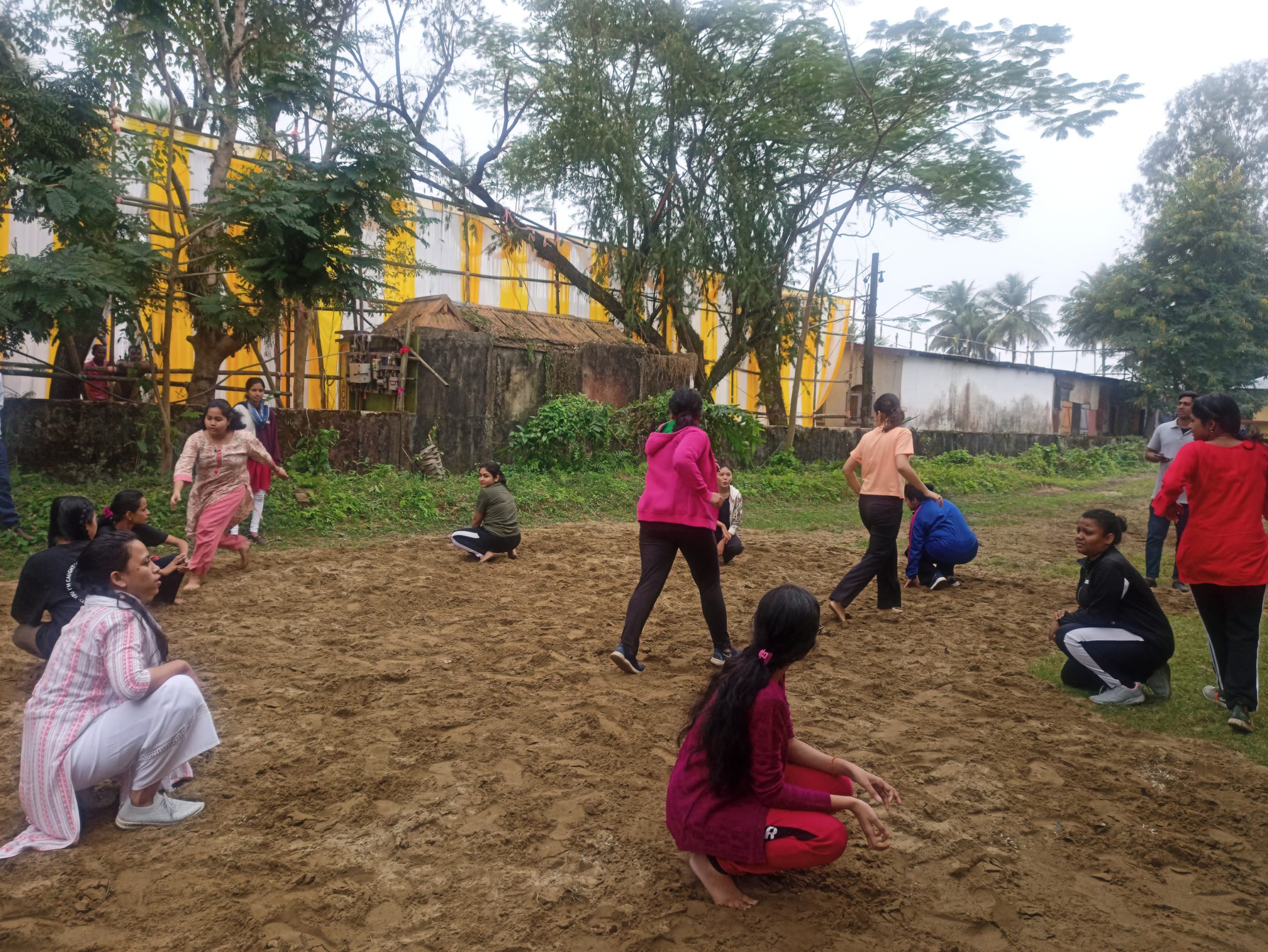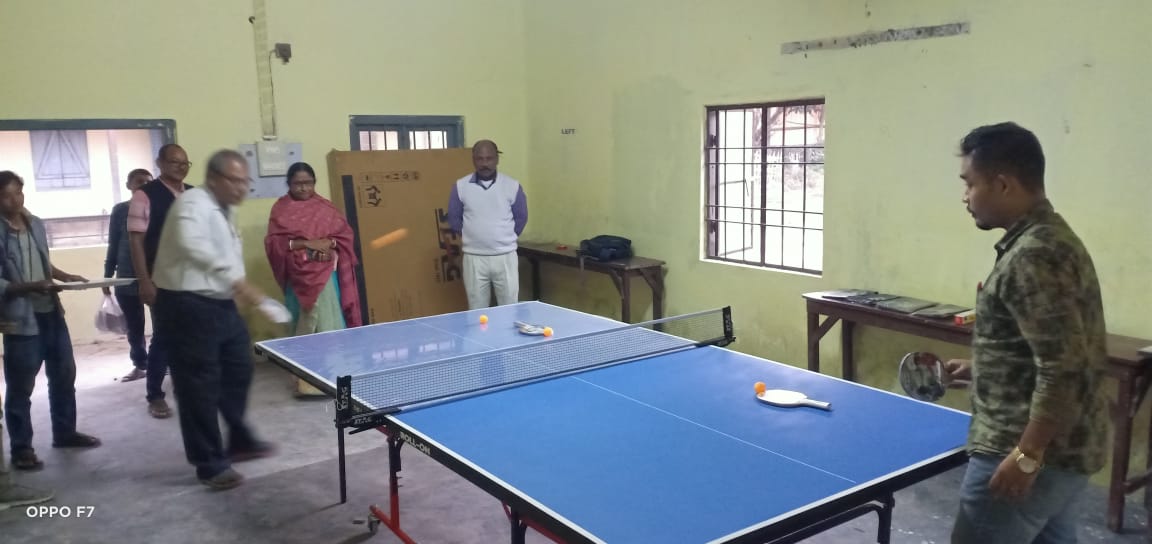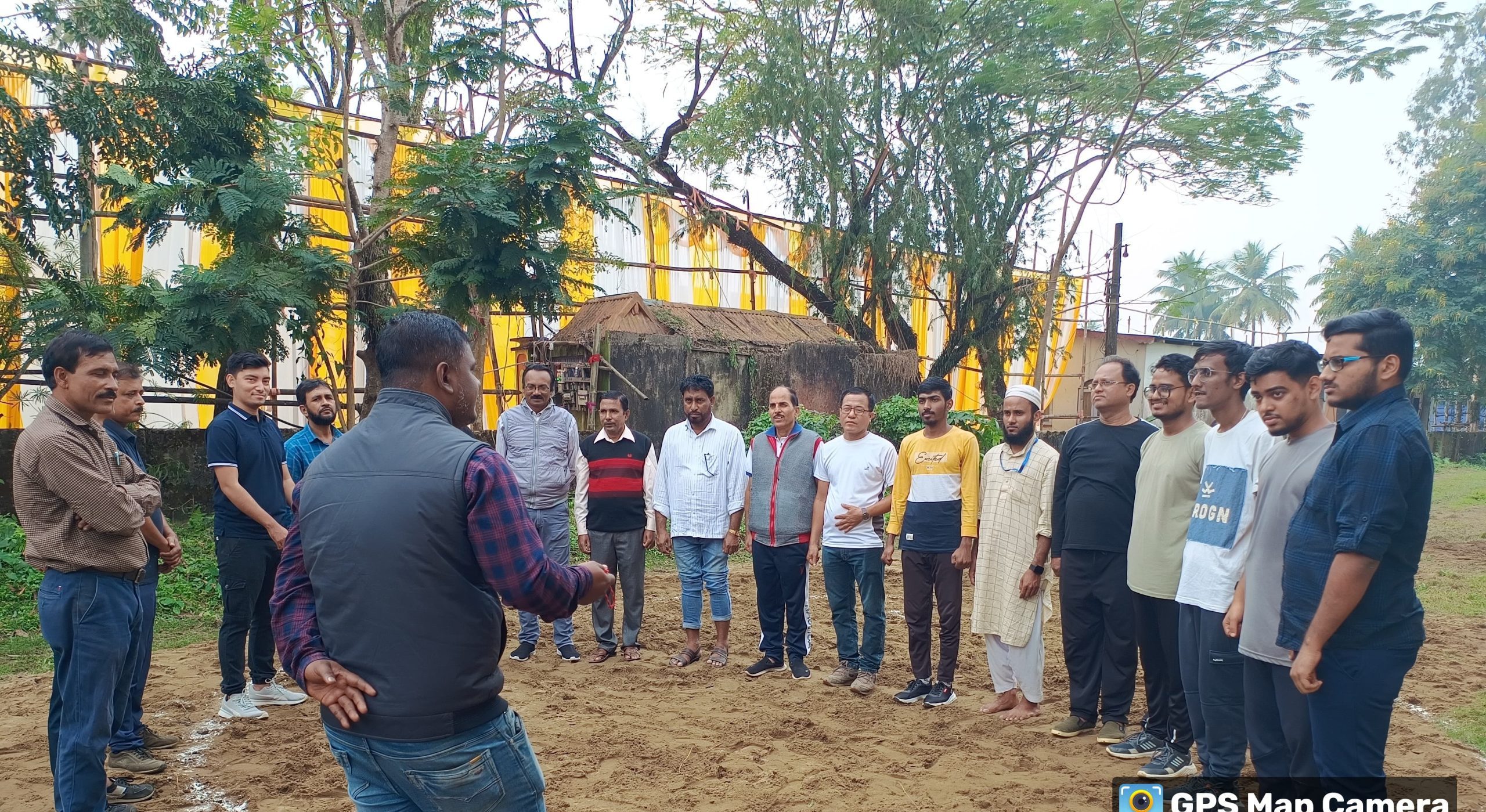In a world increasingly dominated by screens and sedentary lifestyles, the role of physical education (PE) has never been more crucial. And who better to champion this cause than future educators themselves? Integrating robust PE courses into teacher education programs offers a multitude of benefits, impacting not only the well-being of future students but also shaping the educators themselves.
Building Champions of Physical Activity:
- Empowering Educators: PE courses equip future teachers with the knowledge, skills, and confidence to create engaging and effective physical activity programs. They learn how to adapt activities for diverse needs, fostering inclusivity and ensuring all students can participate and thrive.
- Inspiring a Lifelong Love of Movement: By experiencing the joy and benefits of PE firsthand, future educators become passionate advocates for its importance. They understand how PE contributes to physical, cognitive, social, and emotional development, motivating them to instill this love in their own students.
- Breaking Down Barriers: PE courses address misconceptions and outdated perceptions of PE, promoting its value as a core academic subject, not just a break from traditional learning. This shift in perspective empowers future educators to advocate for quality PE programs within their schools.
Fostering Well-Rounded Educators:
- Developing Social-Emotional Skills: PE provides a unique platform for fostering teamwork, communication, cooperation, and conflict resolution. Future teachers learn how to create a positive and supportive environment where students can develop essential social-emotional skills through physical activity.
- Promoting Inclusivity and Equity: PE courses address the diverse needs and abilities of students, equipping future educators with strategies to create inclusive PE experiences. This ensures all students feel welcome, valued, and challenged, regardless of their physical capabilities or backgrounds.
- Enhancing Personal Well-being: By participating in PE, future educators experience firsthand the positive impact of physical activity on their own mental and physical health. This understanding allows them to better support student well-being by promoting healthy lifestyle choices and creating a positive learning environment.
Investing in the Future:
- Building Healthier Generations: By equipping future educators with the knowledge and skills to deliver effective PE programs, we invest in the health and well-being of future generations. This translates to reduced risk of chronic diseases, improved academic performance, and increased overall well-being for countless students.
- Creating a Culture of Active Learning: Strong PE programs contribute to a vibrant school community where physical activity is celebrated and integrated into the learning process. This fosters a culture of active learning that benefits all students, regardless of their academic abilities.
- Empowering Change makers: Future educators who are passionate about PE become powerful change makers within their schools and communities. They advocate for increased access to quality PE programs, educate families about its importance, and inspire others to embrace active lifestyles.
In conclusion, incorporating robust PE courses into teacher education programs is not just an option, it’s an imperative. By equipping future educators with the knowledge, skills, and passion to champion physical activity, we invest not only in their professional development but also in the health, well-being, and future success of countless students and communities. Let’s move forward with a renewed commitment to physical education, empowering future generations to lead active, healthy, and fulfilling lives.










